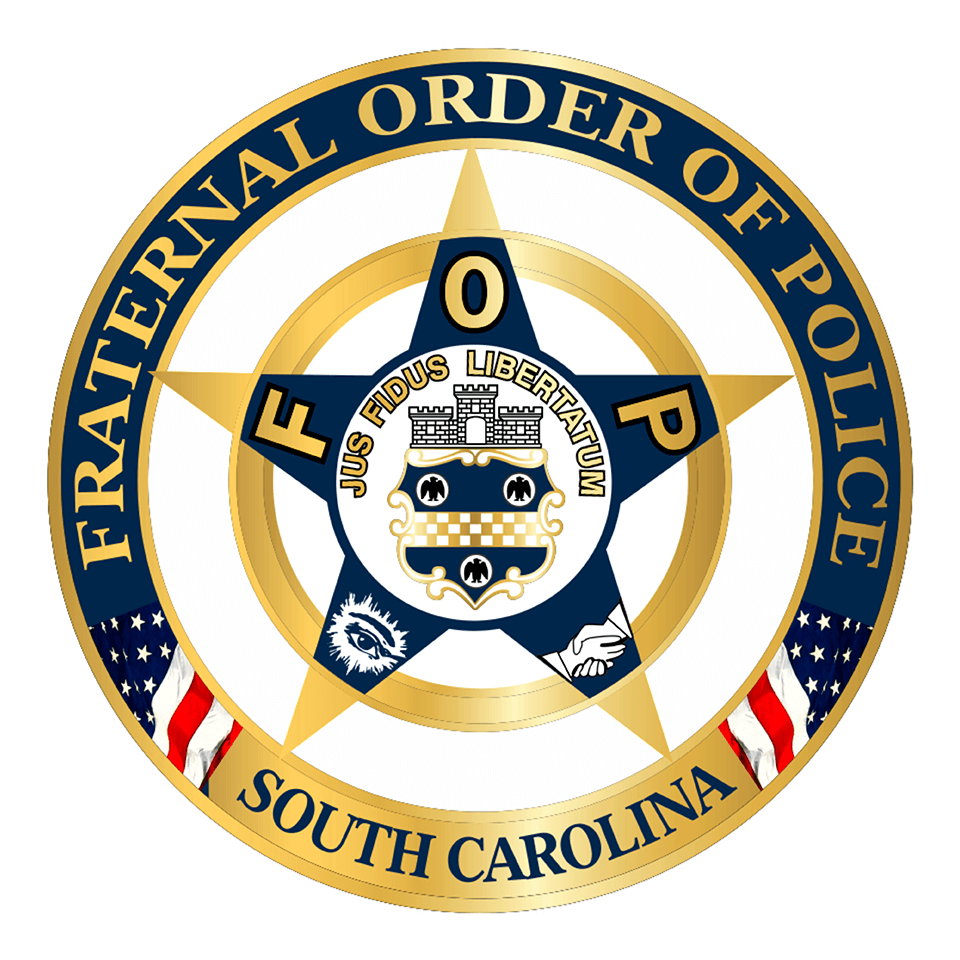On April 5, 1970, the Newhall Incident occurred in Valencia, California, marking a tragic day in law enforcement history. During a traffic stop, four California Highway Patrol (CHP) officers were ambushed and killed by two heavily armed criminals, Bobby Davis and Jack Twinning. This incident, one of the deadliest in law enforcement history, underscored the inherent dangers officers face daily.
The Newhall Incident had far-reaching implications for law enforcement practices across the United States. In the aftermath, law enforcement agencies reevaluated and significantly overhauled their training programs, particularly those related to handling armed confrontations and high-risk vehicle stops. Officers began receiving advanced firearms training, emphasizing the importance of situational awareness, cover and concealment, and tactical decision-making.
Additionally, the incident prompted changes in equipment and policies. The CHP introduced standardized procedures for high-risk stops, such as the “felony stop” protocol, which involved multiple officers and vehicles to safely manage potentially dangerous encounters. The department also transitioned to more powerful sidearms and implemented improvements in officer safety measures, including the use of body armor and enhanced communication systems.
The Newhall Incident serves as a somber reminder of the sacrifices made by law enforcement officers and the continual need for improved training and equipment to ensure their safety and effectiveness in the field.
